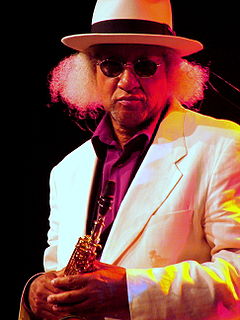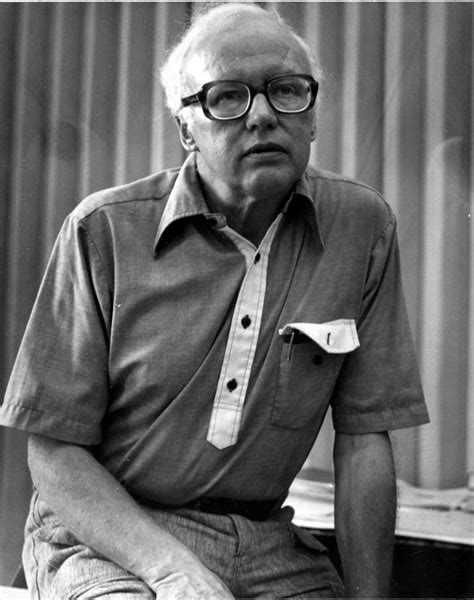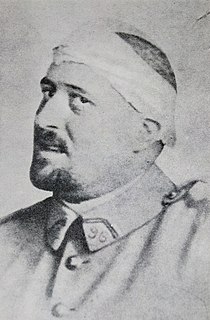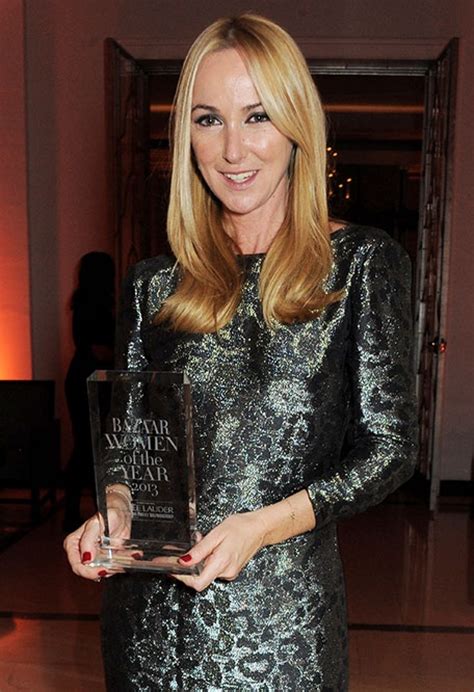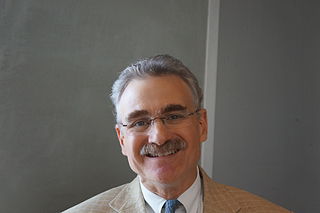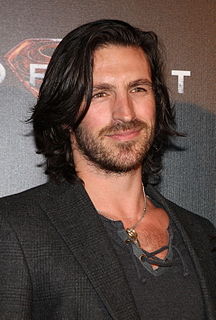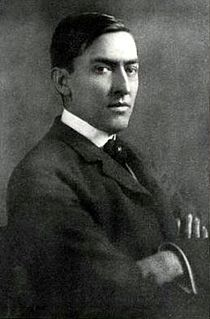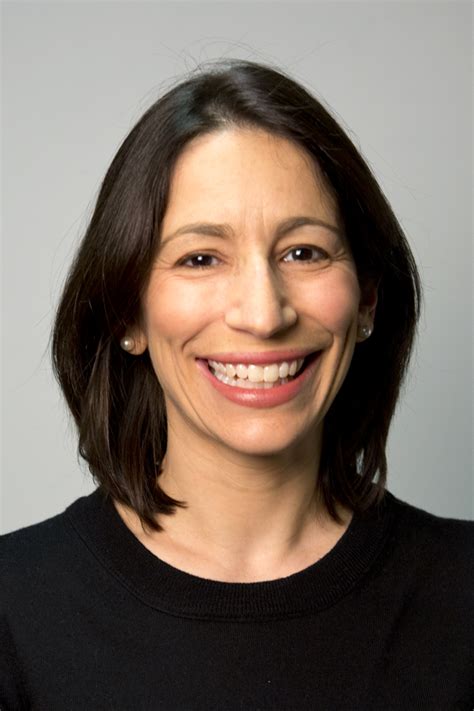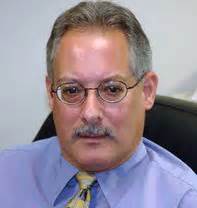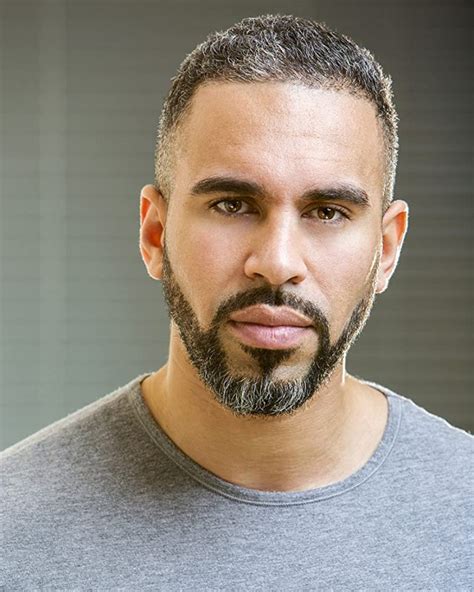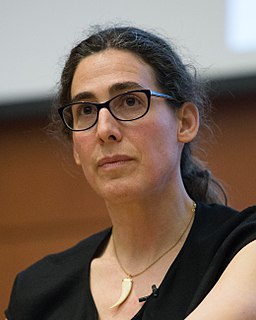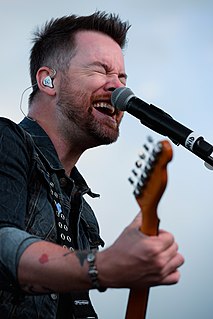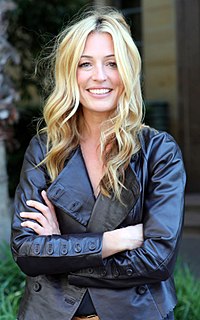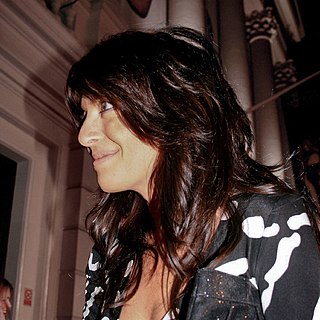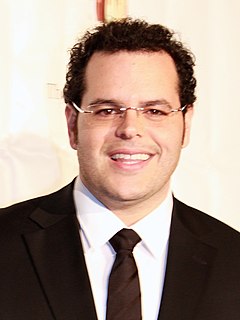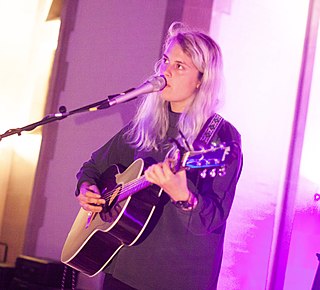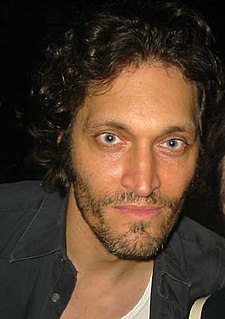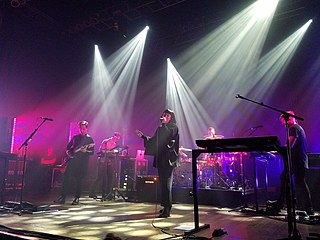Top 526 Edit Quotes & Sayings - Page 9
Explore popular Edit quotes.
Last updated on April 15, 2025.
I don't think my playing style has really changed over the years; it's just gotten better. I can hear the improvement in comparing older records and later records. I'm referring to soloing ability, to having a better sound, to knowing chords better, and getting rhythmically stronger. It also has to do with ideas - learning how to edit your ideas and being better able to follow ideas out to a logical conclusion.
All entertainment is an element of fantasy because you are seeing something that is not quite real. There is no such thing as reality TV. Reality TV would be to leave a camera on in front of someone's house. Just leave it on. Then whenever the person comes or goes walking the dog or getting groceries, that's what it would be like. Any time you make an edit, you've lost reality TV. You're either compressing time or extending. That's a term that's been overused and overexposed. I think it's fantasy movies that take the fantasy of movies even further.
I would never sit and write a song in front of anyone, because you're so vulnerable. I don't know at what point in the process that it becomes acceptable to pass them on. When a song wants to be written, it will be written. When it does come, I will very rarely go back and edit lyrics. I'm quite a rational human being, and the only part of my life that I can't rationalise, or can't make sense of, is how a song gets written or why.
Separate out the creative act from the act of editing and execution. Make it a two-step process. First, let ideas flow and encourage EVERY idea to make it to the whiteboard. Don't criticize, judge, edit, budget, or worry. An idea on the wall can't hurt anyone, so let them rip without restriction. After any and all ideas have the opportunity to "come out to play", only then should you apply your analytical and logical side to the effort. Don't mix the creative process with the editing process or you'll kill your ideas before they even get a fighting chance.
When it became easy enough to do dairy online, then I just thought, "Oh, I'll start doing this. I'll put the parts online that aren't going to get me in trouble. I'll save the rest for myself." It became also this kind of self-therapy. I could write about stuff that was bothering me, or personal stuff. And the very personal stuff I could edit out. But it was kind of the catharsis of getting it out and writing about it, that made me think, "Okay, I see why people do this, why they keep these diaries." So I thought, "Well, let's see what happens when I post some of it."
Being behind the camera you have control; you have the ability to make decisions for characters, for where the story line's going to go, how you want to put it out there, how you want to edit it. Acting is like where you paint on the canvas, and being behind the camera is like being either the paint or the paintbrush. They're both a part of the creative process, it's just that they have two different functions.
I definitely prefer the single camera better. For me it's the simple fact that I enjoy working in front of an audience, but when you're trying to create a suspension of disbelief it's much harder to do in front of audience because they become a partner. Moreso than that, they become in charge of the timing. From the simple, mechanical fact that you have to hold for their laughter. The actual timing of the scene is in the hands of the audience. As a control freak, I don't enjoy that as much as the ability to be able to control it in an edit room.
There's another way to edit the sentence, which is to add a comma before the second 'which.' The survivor is struggling toward 'some resolution,' not a specific resolution that the mind may never find. The final clause is an appended thought, not a conclusion of the previous clause: 'Death ends a life, but it does not end a relationship, which struggles on in the survivor's mind toward some resolution, which it may never find.'
Perfectionism means that you try desperately not to leave so much mess to clean up. But clutter and mess show us that life is being lived. Clutter is wonderfully fertile ground - you can still discover new treasures under all those piles, clean things up, edit things out, fix things, get a grip. Tidiness suggests that something is as good as it's going to get. Tidiness makes me think of held breath, of suspended animation, while writing needs to breathe and move.
The dividing line [between friends and acquaintances] is communication, I think. A friend is someone to whom you can say any jackass thing that enters your mind. With acquaintances, you are forever aware of their slightly unreal image of you, and to keep them content, you edit yourself to fit. Many marriages are between acquaintances. You can be with a person for three hours of your life and have a friend. Another will remain an acquaintance for thirty years.
Copies have been dethroned; the economic model built on them is collapsing. In a regime of superabundant free copies, copies are no longer the basis of wealth. Now relationships, links, connections, and sharing are. Value has shifted away from a copy toward the many ways to recall, annotate, personalize, edit, authenticate, display, mark, transfer, and engage a work. Art is a conversation, not a patent office. The citation of sources belongs to the realms of journalism and scholarship, not art. Reality can’t be copyrighted.
Without poets, without artists... everything would fall apart into chaos. There would be no more seasons, no more civilizations, no more thought, no more humanity, no more life even; and impotent darkness would reign forever. Poets and artists together determine the features of their age, and the future meekly conforms to their edit.
I always had a very strong sense of responsibility, so the minute I started to work in fashion, I was always tremendously serious-too much sometimes. Of course, you can make a lot of mistakes in this job-I still do-but you need to limit them as much as possible. When you're responsible for such a huge company, you cannot play too much. In the beginning, I was working 20 hours per day and I was going crazy. I learned that I needed to delegate and to trust the people around me, but there is still not one element that I don't see or edit or discuss with my people.
Filmmaking materials are in the hands of more people now than ever before. I would like to think that the more people have these tools, the more people will learn how to use them, it's another argument I would argue for, personally, for art's education. Because there are kids who aren't that literate in screen language and they've got to know how people select shots, how people edit audio, how people combine things to make what they see on the screen. It would be like the 15th century or the 16th century in Germany, and somebody amends a printing press and you don't know how to read and write.
Every part of it is important; the film comes alive when you edit it, the film comes alive when you write it, the film comes alive when you act it, and the same with the directing. They're all the most important part at the time and that's why I enjoy doing it, because you're creating a story and every part is a very integral part of it.
I got the breaks. Starting from nowhere in the corn belt, I helped edit a country weekly, then was jack-of-all-departments on an obscure daily, so that when I arrived in a big city everything I tackled in the line of column conducting and syndicate peddling and playwriting had to bring promotion, because I had no social standing which could be endangered, no reputation to toss away and no pride which might suffer a setback. Everything I acquired had to be velvet. You cannot lose your silver spoon if you are brought up on pewter.
Being a journalist, I never feel bad talking to journalism students because it’s a grand, grand caper. You get to leave, go talk to strangers, ask them anything, come back, type up their stories, edit the tape. That’s not gonna retire your loans as quickly as it should, and it’s not going to turn you into a person who’s worried about what kind of car they should buy, but that’s kind of as it should be. I mean, it beats working.
I don't get particularly precious about things like this, though. Like the record company said, "We need a radio edit that delivers the hook" - I don't even know what they consider the hook in that song ["Oh No"] - "that delivers the hook sooner." So I'm like, "Okay. I see that." And they were all walking on eggshells, like is this going to be sacrilegious to me or something, to mess with this art I've created? And I'm like, "Great. I get to tinker with it, I get to mess with my song some more."
I generally go into a movie with a very strong vision, with how I want to make the film, how I want to shoot the film, how I want to edit the movie, what I want the sound to sound like. So I have a very concrete idea even if I don't storyboard it, I know exactly what I want to do once I get into the sequence. Now having said that, I try not to let that slave me to the process. So if I do storyboard a sequence I don't necessarily stick to it if I discover more exciting things on set.
There are people already sharing eBooks out there, .. and they do it simply because they love books. You don't buy a second copy of a book, cut the spine off, lay each page on a scanner, run that .tif through an OCR (Optical Character Reader), hand edit the resulting output for errors and then post it online if you don't love the book. it can up to 80 hours to turn a printed novel into an eBook. I figure if someone out there is willing to put in 80 hours of work promoting my book, then I'd prefer they do it in a way that gives a better return to me.
The American middle class, it seems to me, is looking to politicians now to satisfy a pretty basic - and urgent - level of need. Yet people in the upper middle class - with their excellent health benefits, schools, salaries, retirement plans, nannies and private afterschool programs - have journeyed so far from that level of need that, it often seems to me, they literally cannot hear what resonates with the middle class. That creates a problematic blind spot for those who write, edit or produce what comes to be known about our politicians and their policies.
How long before we white people get over our bitter resentments about being demoted to the status of equality with non-whites? . . . How long until we white people will stop insisting that blacks exercise personal responsibility, build strong families, educate themselves enough to edit the Harvard Law Review, and work hard enough to become President of the United States, only to threaten to assassinate them when they do?
When I did the first edit of Les plages, it was very dry and very square in a way. I was just saying the minimum. I said, Well, if this is the minimum, I don't make it. So I tried to make it more refined. I tried to find images, allegorical images, that I could use to express things that I didn't want to say or didn't want to show or I was not able to find how to show.
Performance is made in the editing room, and I've come to see the truth in that - the idea that they say performances are usually made in the editing room because what you film is the raw material. I think just going through the process of saying, "Which take do we use? Why is that the take we want? I want that take can you edit again, I'm not sure that's the one, I think it's this one." And just because you go through that process, I think somehow it's made me sort of more open about the [actor's] possibilities.
Why, it appears that we appointed all of our worst generals to command the armies and we appointed all of our best generals to edit the newspapers. I mean, I found by reading a newspaper that these editor generals saw all of the defects plainly from the start but didn't tell me until it was too late. I'm willing to yield my place to these best generals and I'll do my best for the cause by editing a newspaper.
Action is cool but it's all down to the director's interpretation at the end of the day, so you have to serve his visions and do what you can. So, you do your job to the best of your ability, you perform the fight and then it's out of your hands. It's then down to the director or the producer. You can give your opinion but often it's not heard. Actors have their riders and all kinds of contract terms and one of my big ones as I continue to make a name for myself as a top action guy is that I design my own action in films and oversee the edit.
I always believe that every song tells a story, so the last thing I want to do is edit out like the meat of the story. I would pick songs based off a), whether I felt like I could do anything with them, and b) whether I felt like I could keep the story intact. And then you sit in with one of the piano players and one of the vocal coaches and kind of work out your arrangements that way.
Performance is really an important part of how I edit. I sometimes take something out because I realize I put in a joke just to be funny and the audience laughed, but I should be ashamed of myself. I sometimes take out sentences, which are perfectly fine on paper, just because they don't flow when I say them out loud. I always read my work out loud now.
I think I've learned a lot about how to make movies, and particularly about how to edit movies by thinking about how similar problems are resolved in other forms. The issues in all forms are the same in an abstract sense, aren't they? Characterization, abstraction, metaphor, passage of time... Whether it's a movie, a novel, a play, or a poem, those issues exist. And each person resolves them differently.
Many aspects of our screen-bound lives are bad for our social skills simply because we get accustomed to controlling the information that comes in, managing our relationships electronically, deleting stuff that doesn't interest us. We edit the world; we select from menus; we pick and choose; our social 'group' focuses on us and disintegrates without us. This makes it rather confusing for us when we step outdoors and discover that other people's behaviour can't be deleted with a simple one-stroke command or dragged to the trash icon.
Every once in a while someone says, 'You can't really learn anything, if you're really a writer then you wouldn't need to do it.' But I think what people need is the sense of not being alone. They go to MFA programs to be part of a community of people who care, and then you start caring about your friend who is trying to edit a magazine and your other friend who is stuck in the middle of her poem. There you have all kinds of things to worry about besides your own success.
I adore vintage clothes. When I go on the road doing auditions for So You Think You Can Dance, I always research the cities we're traveling to so I know where all the best vintage stores are. There are several stores and flea markets I love here in LA. Shareen is amazing with the best edit in town! Golyester is great. I really enjoy the Rose Bowl market. A word of warning: wear layers, comfortable shoes, be prepared to hunt, and fuel yourself with a bucket of cappuccino! Enjoy!
Although the assembly of the shots is responsible for the structure of the film, it does not, as is generally assumed, create its rhythm; the distinct time running through the shots makes the rhythm of the picture, and the rhythm is determined not by the length of edited pieces, but by the pressure of the time that runs through them. The pieces that 'won't edit', that can't be properly joined, are those which record a radically different kind of time
Our film [Hide and seek ]was created as part of the Asian American Film Lab's 11th 72 Hour Film Shootout filmmaking competition, where filmmaking teams have just 72 hours to conceive, write, shoot, edit and submit a film based on a common theme. The winners were announced during the 38th Asian American International Film Festival in New York last July. The theme for 2015 was 'Two Faces' and was part of a larger more general theme of 'Beauty'.
Josh [Gad] is such an amazing improviser and is so good when the material is flowing from him that sometimes, if a written scene isn't working quite right, I'll tell him that we've got it and that he can just play. He'll blow us away with some super weird stuff and some wild things that we might use bits and pieces of in the edit, and then I'll say, "Just for good measure, let's do one more of the scripted version."
I spent a year and a half working for an art fair. I worked as a post-production assistant for a documentary film company for a while. Then I worked at the Apple store because I wanted a discount to be able to buy new gear to edit things while I was figuring out whether or not I wanted to go to film school. Those were the main things.
I'm self-critical but also, I'm not a very modest person. I'm self-critical in the lead-up to showing anyone anything. You know how people say they write, like, 30 songs and then they'll pick the ones they're going to put on the record? I don't ever get to that point because I self-edit so harshly at the beginning. I would never let anyone hear something that I wasn't happy with. But then once I've made it, I'm also not going to turn around and go, "Oh, yeah, I don't know..." If I'm putting it out, anything creative that I do, I think that it's good, otherwise I wouldn't put it out.
I never had a plan, except to write. I love what I do, and have from the beginning. Loving what you do makes it a lot easier to work, every day, to face the tough spots and heel in for the long haul. Nothing against plans; they work for some people. But for me, if I'd been planning, worrying about numbers, trying to micro-manage my career, I wouldn't have focused on the writing. If you don't write, you're not read. If you're not read, you don't sell. So that's my Master Plan, I guess. Write the books, let the agent agent, the editor edit, the publisher publish.
I'm talking to a journalist and I really have nothing to say anymore, this is already uncomfortable. I feel the pain coming already. The brutal pain, when one day I should read your edit of whatever I say, because no matter what I say, no matter how I say it, no matter its tone, its frequency range, its decibel level or the way in which I put the words together, no matter my intentions and no matter the truth. What I'll read one day will be a chastised, manipulated abortion of your misunderstandings, your manipulations, your agenda and your amateur use of the English language.
Writin songs is like a mystery. The most difficult thing to do is have a good idea. If you have a decent idea, the songs are the easy part. Actually having something to say is the hard part. If you get an idea for a song, then it pulls you along. There are just some ideas that you get that are really hard to edit out; it's hard to stop thinking about some bad ideas. So you just finish it and you end up putting it on a record.
For some reason at Sundance, more than other festivals that I'm aware of, you find filmmakers rushing to screen works that sometimes aren't completed. In my seven years of programming at Toronto, I'm not aware of any documentaries that went back for serious editing after their premiere - other than those presented as works-in-progress. But at Sundance every year there seems to be a few films that push the deadline so hard that they get taken back to the edit room afterwards.
I'd like to drill in a little more detail into one aspect of cutting which is particularly close to me and that's dialogue editing. It is a vital part of editing especially in animated film, but in the end it is usually completely transparent to the audience. The vocal performances are reported for over several years and the actors are very rarely in recording studios together. That's why the editor has got to all these different performances and edit them together to create the illusion of spontaneity and real action.
